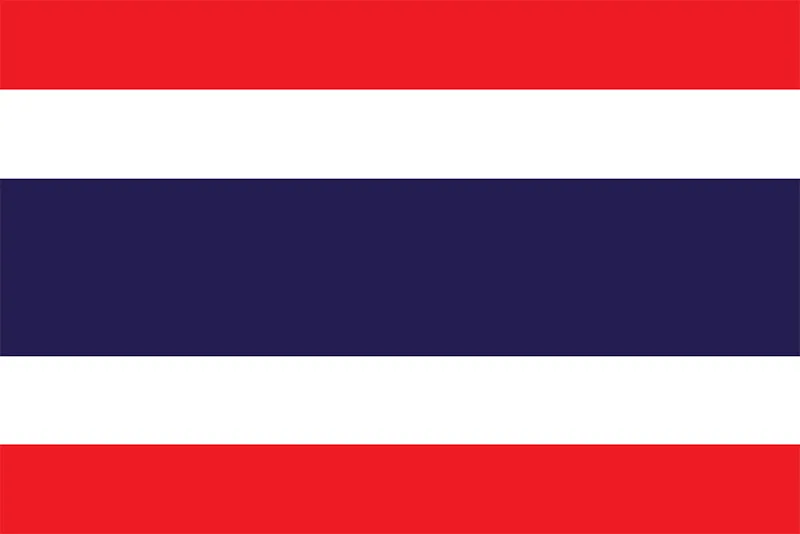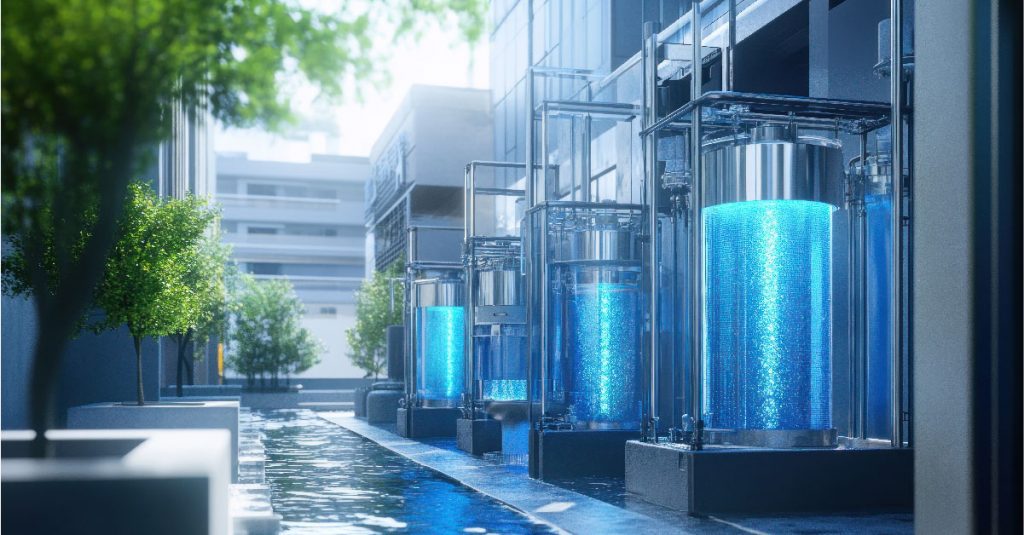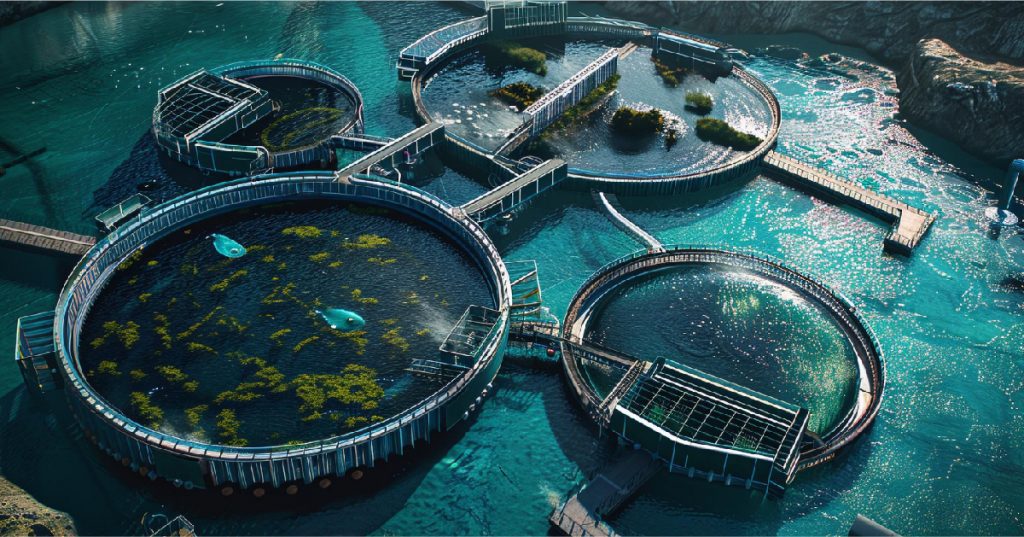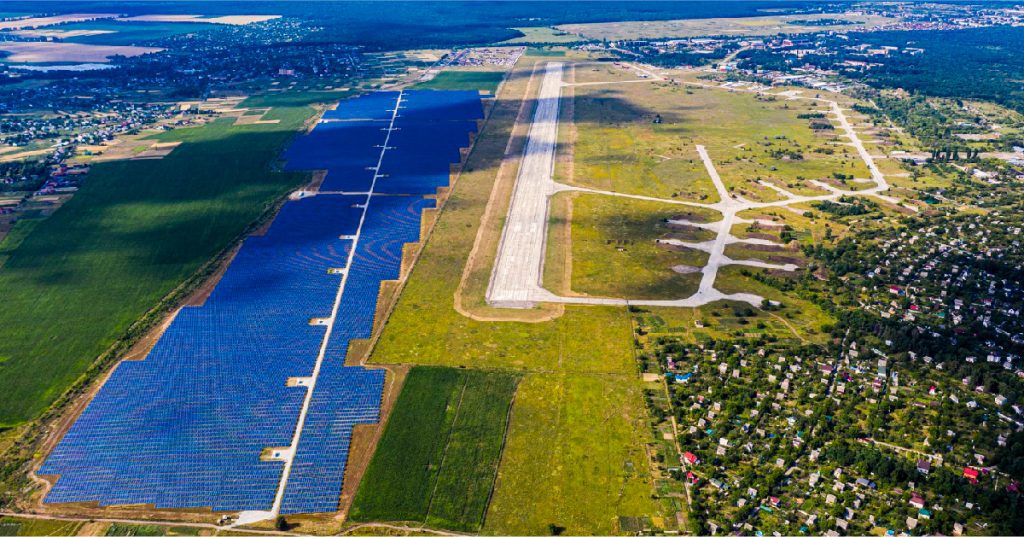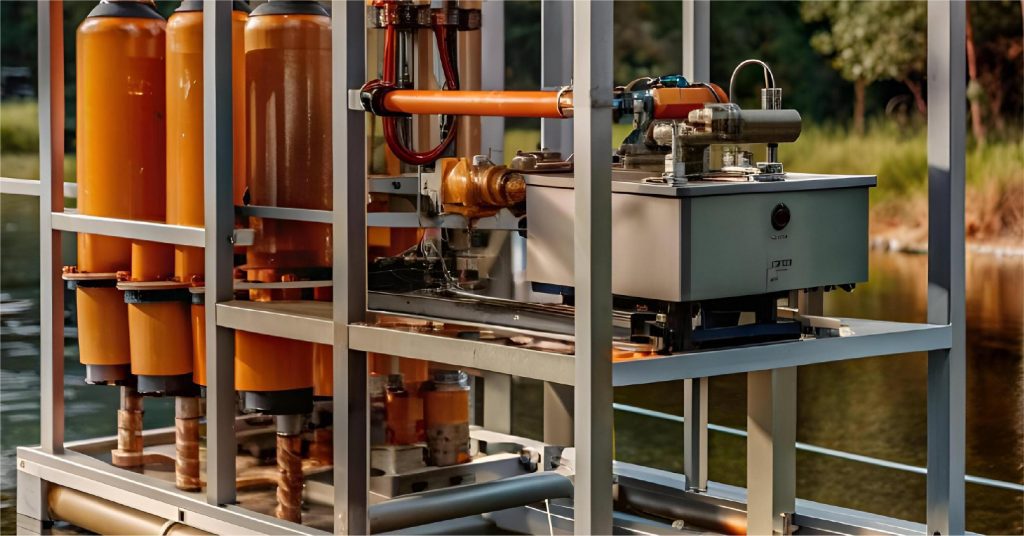Water treatment systems have become a cornerstone of sustainable development in Thailand. With increasing industrialization, urbanization, and the need for clean water, advanced water purification technologies are more critical than ever. Among these, the ultrafiltration process has gained significant traction for its efficiency and reliability. This blog explores what the ultrafiltration process entails, its applications, and its benefits in modern water treatment systems in Thailand.
What Is the Ultrafiltration Process?
The ultrafiltration process is a pressure-driven filtration method that removes suspended solids, bacteria, viruses, and other impurities from water. It utilizes ultrafiltration membranes with pore sizes ranging from 0.01 to 0.1 microns. These membranes act as a physical barrier, allowing water molecules and dissolved substances to pass through while retaining contaminants.
In simple terms, the ultrafiltration membrane process is highly effective for separating contaminants based on size. It is commonly used as a pre-treatment step for reverse osmosis systems or as a standalone process in wastewater treatment.
Applications of the Ultrafiltration Process in Thailand
- Municipal Water Treatment
Thailand’s growing urban areas require efficient water treatment systems to meet the demand for clean drinking water. The ultrafiltration process ensures the removal of harmful pathogens and particles, providing safe and high-quality water for municipal supplies.
- Industrial Water Treatment
Industries such as food and beverage, pharmaceuticals, and electronics rely on the ultrafiltration membrane process to meet their stringent water quality standards. It helps eliminate impurities that can impact product quality or damage sensitive equipment.
- Wastewater Treatment
The ultrafiltration process in wastewater treatment is a game-changer for industries and municipalities in Thailand. It effectively removes organic matter, suspended solids, and microorganisms, making wastewater safe for discharge or reuse.
- Desalination Pre-Treatment
In coastal regions of Thailand, desalination is often used to produce freshwater from seawater. Ultrafiltration membranes are employed as a pre-treatment step to remove larger particles and protect reverse osmosis membranes, enhancing the overall efficiency of the system.
- Rainwater Harvesting Systems
To combat water scarcity during the dry season, ultrafiltration technology is being integrated into rainwater harvesting systems. The process of ultrafiltration ensures that harvested water is free from sediments and pathogens, making it safe for domestic and industrial use.
Benefits of the Ultrafiltration Process
- Superior Filtration Performance
The ultrafiltration process removes contaminants that traditional filtration methods might miss. It effectively eliminates bacteria, viruses, and even microscopic particles, ensuring high-quality water output.
- Consistent Water Quality
Ultrafiltration membranes provide reliable performance even with fluctuating water quality. This consistency makes the ultrafiltration membrane process ideal for various applications, from drinking water purification to industrial water treatment.
- Space-Saving Technology
Compared to conventional water treatment systems, the ultrafiltration process requires less space. This compact design is especially advantageous for urban areas and industries in Thailand with limited space availability.
- Energy Efficiency
The process of ultrafiltration operates at relatively low pressures compared to reverse osmosis, resulting in reduced energy consumption. This energy efficiency makes it a cost-effective option for water treatment.
- Reduced Chemical Usage
Unlike traditional methods that rely heavily on chemical coagulation and disinfection, the ultrafiltration process minimizes chemical usage. This is beneficial for the environment and reduces the operational costs of water treatment systems.
- Versatility
The ultrafiltration process is highly versatile and can be used in a wide range of applications, including drinking water production, wastewater treatment, and industrial processes. Its adaptability makes it a preferred choice for water treatment professionals in Thailand.
- Supports Water Reuse
In Thailand’s arid regions, where water conservation is vital, the ultrafiltration process in wastewater treatment enables safe water reuse. Treated wastewater can be used for irrigation, industrial cooling, or other non-potable applications, reducing the demand for freshwater resources.
Meeting Thailand’s Water Treatment Needs with Ion Exchange
Ion Exchange is a leading provider of water treatment solutions in Thailand, offering a range of ultrafiltration systems designed to meet the diverse needs of its clients. The company’s expertise in water treatment ensures that each ultrafiltration system is tailored to the specific requirements of the application, whether it’s for residential, commercial, or industrial use.
HYDRAMEM – Ultrafiltration Membrane
It is a tangential flow, a pressure-driven process that effectively filters particles based on their molecular size. With pore diameters ranging from 10 to 200 Å (0.001 to 0.02 microns), ultrafiltration membranes allow solvents and smaller species to pass through, resulting in a purified ultrafiltrate known as permeate, while larger particles are retained and concentrated. These membranes are reusable and can be cleaned with standard chemicals, making them highly efficient for continuous use. Ultrafiltration in process water treatment ensures the removal of nearly all particulate matter, suspended solids, bacteria, viruses, pyrogens, and colloidal materials, including non-reactive silica, iron, aluminum, and high molecular weight organics, making it essential for pharmaceutical and industrial applications.
Conclusion
Ultrafiltration is a highly effective water treatment technology that has found widespread application in Thailand due to its numerous benefits. From providing high removal efficiency of contaminants to offering energy efficiency and low operational costs, ultrafiltration addresses the country’s water quality challenges. As Thailand continues to grapple with water scarcity and the need for sustainable solutions, ultrafiltration offers a promising pathway toward ensuring safe, clean, and reliable water supplies. Whether for urban, rural, agricultural, or industrial use, ultrafiltration membranes play a crucial role in supporting Thailand’s water treatment needs.
Connect with Ion Exchange experts today to learn more about ultrafiltration and how it can be applied in your specific situation.
